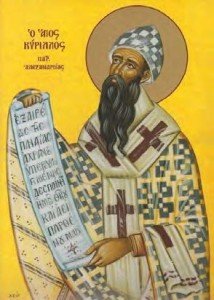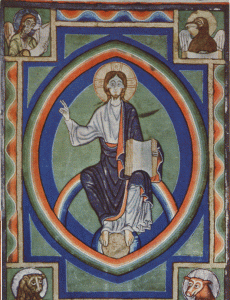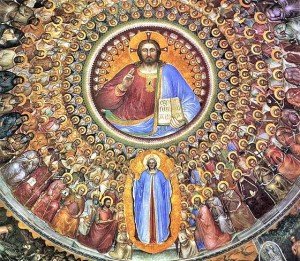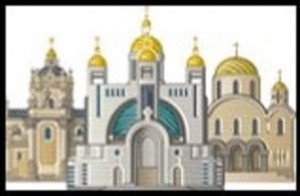 The advent of Jesus into the Jewish world, which awaited a Messiah that would rescue them from Roman domination, caused some to rethink not only what the anticipated Messiah would do but also what their God was like. According to the Old Testament (OT), Yahweh constantly fought their battles and even used violence to free them and protect them from domination. Jewish history is filled with stories about Him taking their side against other people. Just think about the plagues that He brought down on the Egyptians. The Messiah they anticipated had to be a warrior-like person who could and would champion their desire for freedom and independence.
The advent of Jesus into the Jewish world, which awaited a Messiah that would rescue them from Roman domination, caused some to rethink not only what the anticipated Messiah would do but also what their God was like. According to the Old Testament (OT), Yahweh constantly fought their battles and even used violence to free them and protect them from domination. Jewish history is filled with stories about Him taking their side against other people. Just think about the plagues that He brought down on the Egyptians. The Messiah they anticipated had to be a warrior-like person who could and would champion their desire for freedom and independence.
Many at first thought that Jesus had to be the Messiah because of the miracles He performed and the message He preached. They witnessed His power and thought that He would use it to free them from the Romans. In fact it seems that Judas Iscariot betrayed Jesus in order to force His hand and strike out at the Romans.
Many at first thought that Jesus was a prophet like John the Baptizer since talked about the Kingdom of God being at hand like John did. It was a message easily misunderstood by those wanting to believe that God would free their nation from Roman rule. They failed to recognize, so great was their desire for a Messiah to rescue them, that neither Jesus nor John never said anything about freeing Israel from Roman rule.
It soon became very evident that Jesus didn’t embrace the same approach to religion as the Jewish clergy and He even seemed to suggest a different idea about divine power, namely that it was not coercion but love. As one might guess, this appealed more to poor people than it did to those in power. Jesus preached about making God’s Kingdom real, even under the yoke of Roman oppression. He preached how to live in a world where people had to face great challenges without giving up their belief in God’s presence.
You will recall that He told His disciples to only go and preach to other Jews, even though He Himself interacted with and cured Samaritans and Romans. It seems like it was His first desire to reform Judaism.
Jesus is the true Messiah or Savior of humankind because He showed humans how to live in order to become the beings God intended when He created them.





